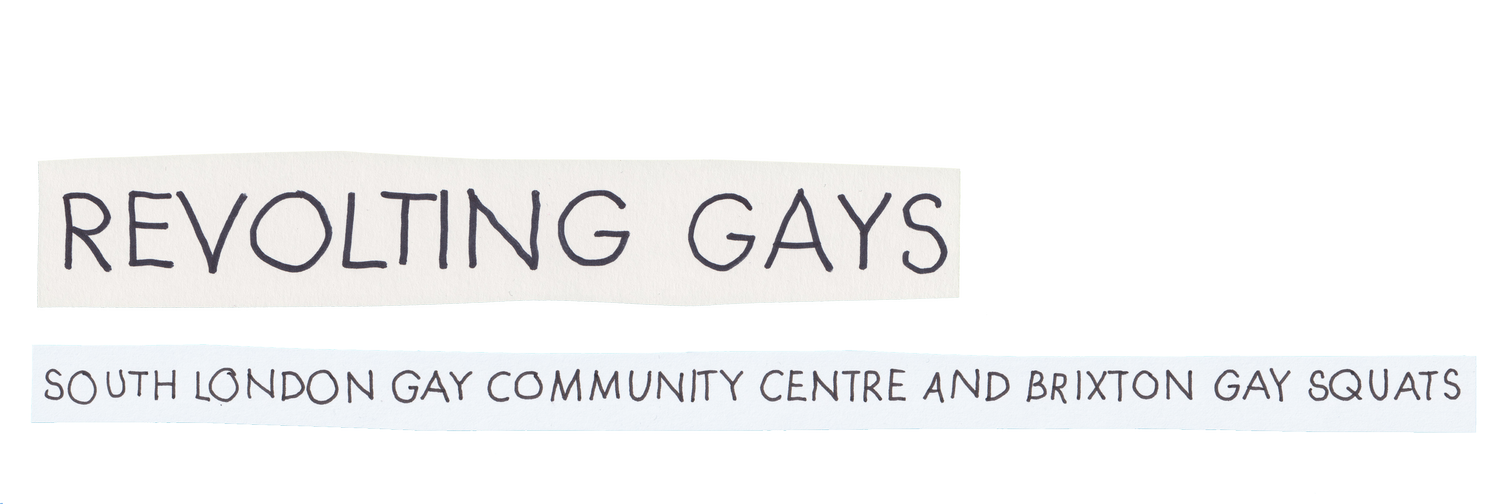PLEASE NOTE: This section is still very much a work in progress. Some of the interviews are incomplete and have been edited for greater coherence and clarity. Their fragmentary nature is a reflection of the varying and sometimes poor quality of the taped interviews and some have proved to be almost inaudible hence the need to interpret their meaning. Not all of the audio tapes have been transcribed yet. Please come back again in the future, from time to time, as we add more testimonies. I have also used parts of the interviews in other sections of this website.
Click on the images bellow to be taken to each person’s personal testimonies
-

Alastair Kerr
With very few friends and little social life his university days were spent 'sexually' in the closet. He was always camp and outrageously dressed in fashionable and fancy clothes as his main outlet and pleasure. He was never conscious of meeting anyone who was gay and whenever anyone 'gave him the eye' he thought they were being hostile.
-

Dennis Simmonds
“I remember the wrestling group, yes. I sort of saw the Sissy as the hero, if there is one, of the gay movement and the enemy, the bad guy, as being the macho gay. I was shocked when I actually found out they were handing out copies of Zipper. I was really, really shocked. The discrepancy between that and their fucking ideals - I was shocked that the people who were espousing the Sissy as the hero and then finding copies of Zipper with these great big hunky, over the top, overloaded, over everything....men”
-
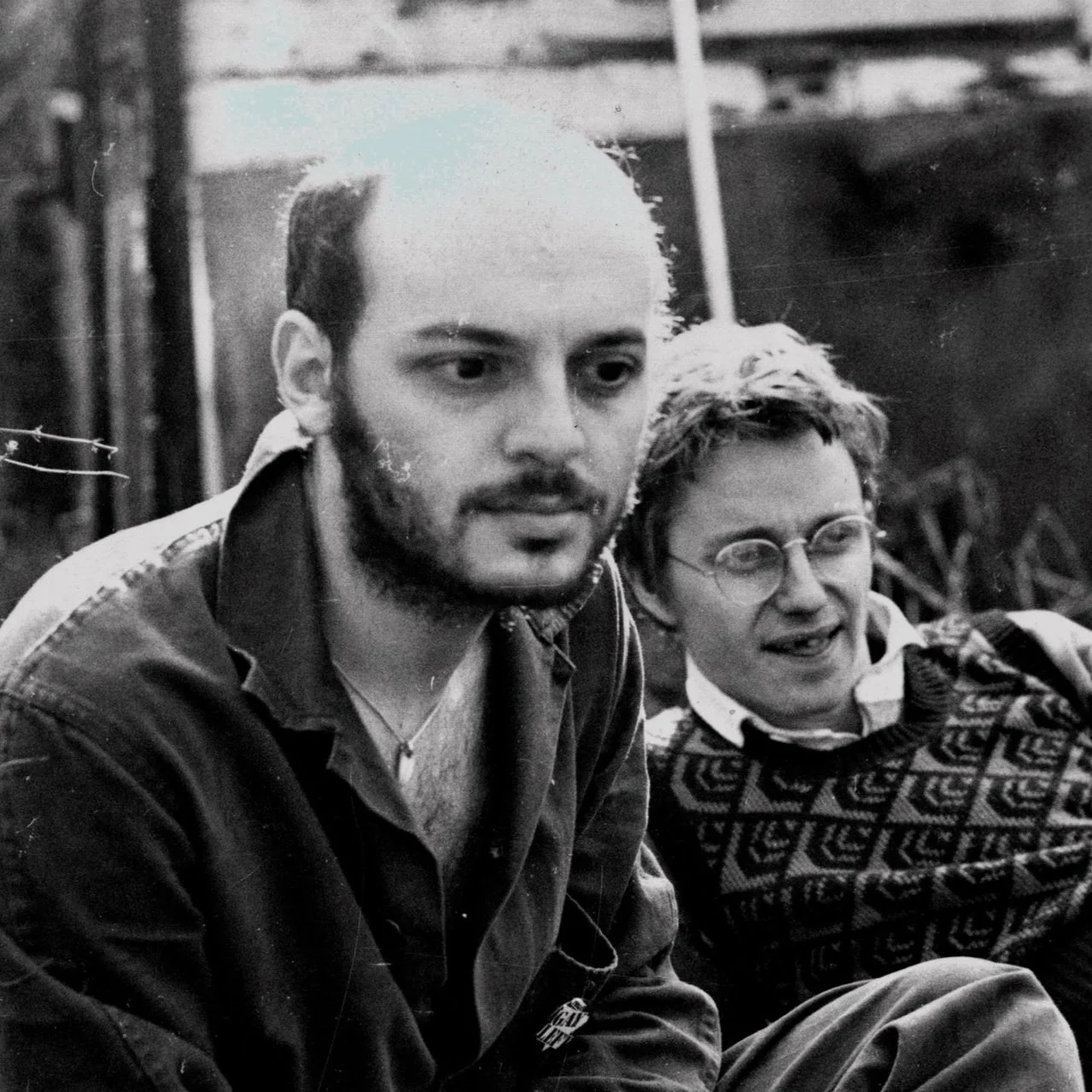
Derek Cohen
“There was an empty house suitable for squatting down on Railton Road in Brixton. It wasn’t joined to the rest of the gay community, but there was only one house in between. So, like alternative estate agents, they met me down there to look over 145 Railton Road. They all had experience of squatting and doing up abandoned houses and could help me assess whether it was habitable. The roof and floorboards were sound, but many of the windows were missing and there was no electricity or gas around the house, though there were meters in the cellar.”
-

Don Milligan
“There was the idea of having a private space and then having a wider access to neighbours. To have a certain kind of neighbourliness. But then of course the neighbourliness was always restricted really. I remember considerable tensions between different households. I was never there during the period when everybody appeared to get on or there were open, neighbourly relations between everybody. There didn't seem to be to me.”
-

Jim Ennis
“There were lots of reasons I moved to London. It wasn't just to escape. It was also to learn and to meet other gay men and to get a degree in Art. So I got to go to gay clubs and pubs. I didn't regret leaving anything behind at the time. I don't know. If I had stayed in Ireland I probably would have discovered the gay scene there. I didn't regret coming over here. It has been easier in a way coming here.”
-

John Standbridge
“It was the first time I had ever lived with a group of gay people, there were women here as well as men, who were very politically active and had totally different gay experiences to mine. So that was one level. The other level was that it was the first time I had ever lived in a working class area and had actually had any contact with working class people. Apart from odd sexual encounters....That was an enormous shock, actually.”
-

Julian Hows
“One of the peculiarly English things that we are actually quite good at, especially in gay politics, is that we make fun of things! And making fun of authority sometimes changes more than balaclavas and Molotov cocktails, and it’s another form of peaceful demonstration."
-
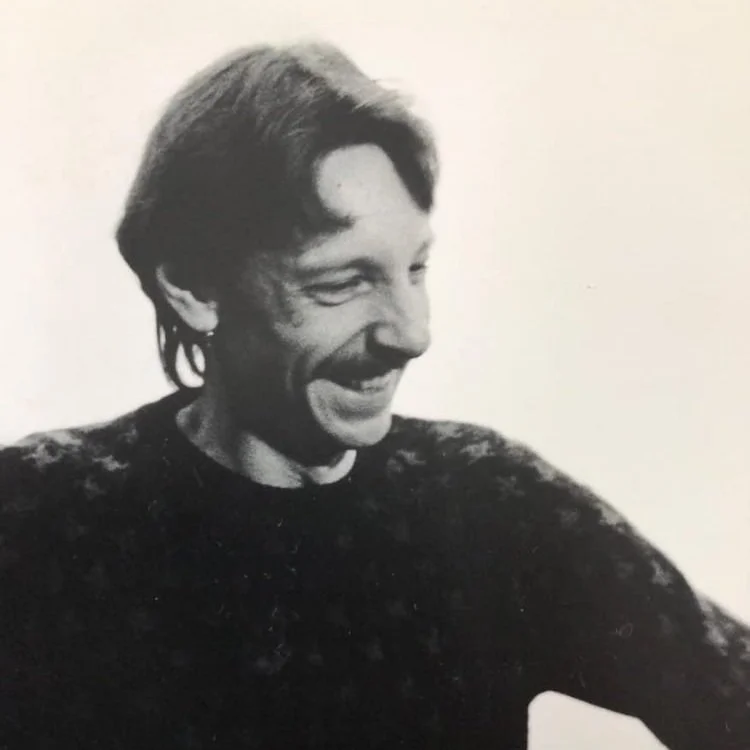
Malcolm Watson
“All the kids heard was ‘I’m a dragon and they say I’m bad, they say I’m crazy and they say I’m mad, but I’m okay ‘cos I’m pink and gay, dragons rule okay....tra...la..la...lala (repeat). I think it was a Johann Strauss waltz that Stephen had chosen in our little rehearsals in the back gardens. When we actually got on to the street and the dragon came to sing its song Colm was leading it. When he came to sing the song the words were okay but it came to sound like ‘Im a lumberjack’ from Monty Python. It was hysterical. But anyway we got away with singing these words in a street party with all these straight families. It was quite outrageous and we were giving sweets away to the kids. It was a fun day. We had little competitions for the children.”
-

Peter Vetter
“I mean, for the first three years or so it was just so energising. All that activity is what I had been used to as a kid anyway coming from such a big family. No, I liked all that activity and it always brought in lots of different people from different parts of London. It was almost as though you never had to go out. I think that was one of the drawbacks. I think that’s what made Brixton kind of really insular because there were so many people around. You never ever had to go out. It provided a whole lifestyle. There was companionship and sex, discussion and good food and an endless stream of new faces all under the one roof....it became really cosmopolitan. After about twelve months or more there’d be a knock at the door and anyone could be there. There could be kind of Heidi from Copenhagen saying "Hello. I am from the Gay Movement and I would like a bed for the night" or it would be "Ciaou".”
-
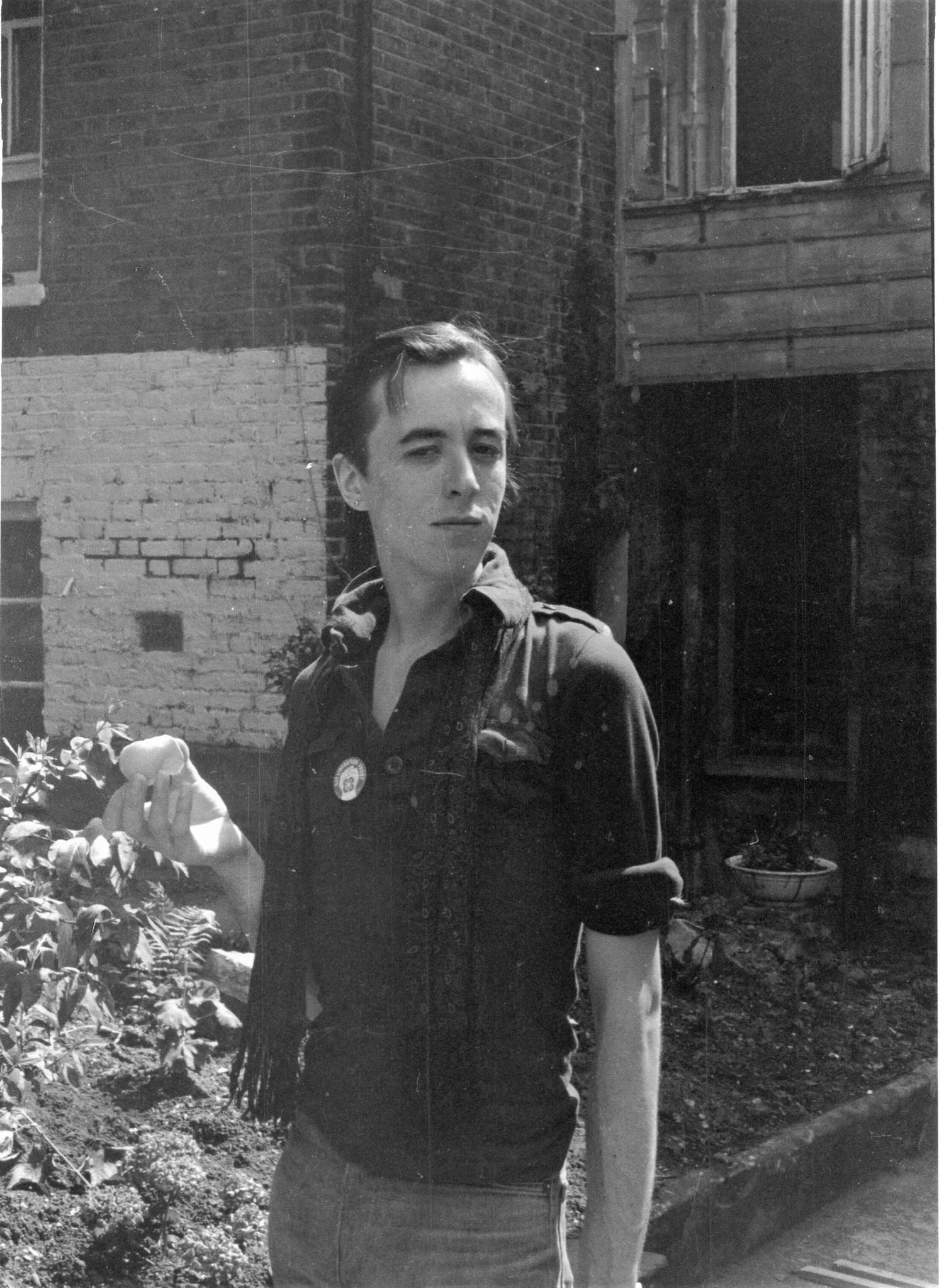
Stephen Gee
“There was quite a lot of excitement around the centre. l gradually became friendly with people. I suppose there were a number of expectations really because things were still developing. You come out and then in a situation like Brixton you begin to live life a bit more fully. You know, meeting more gay people and also there is this sort of, still this party atmosphere that we were... you know... just by expressing ourselves openly as gay people we became fearless, I think. Also just living for... not living just for the moment but you were against this, that and the other. It was joyfully defiant, I suppose.”
-
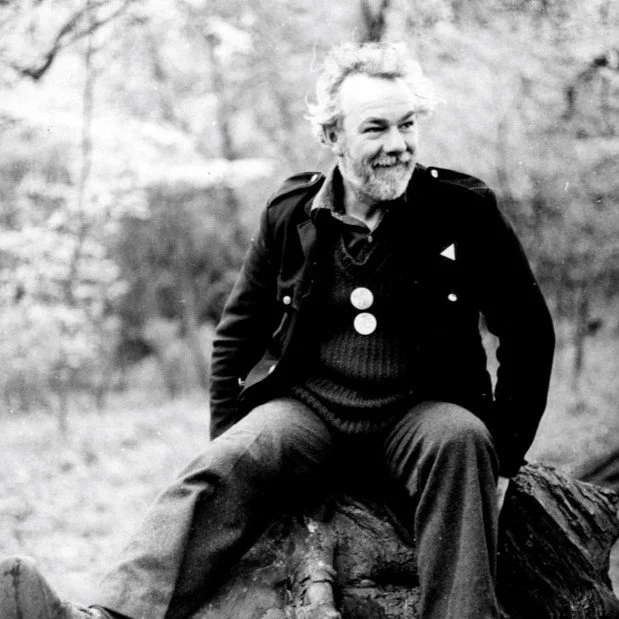
Bill Thornycroft
“I always remember odd people who used to turn up at these meetings (South London GLF) who obviously thought they were either going to be sexual orgies or at any rate exciting in some way and they'd not come again because they found how boring it was. They were just people talking earnestly about life.”
-

Miceal Kerrigan
“At the beginning I felt a lot of strength living in the houses. I got a lot of strength and confidence. As time wore on things changed and it got heavier living there. Always the power struggles going on and what have you. Ego battles. Alienated and put a strain on everybody and I wanted to get out of it as fast as I could. In fact Mike and I were able queue up and get one of those hard to let houses and I have never looked back. I have hardly gone back there. Towards the end it got a bit mad. I think the power struggles were there all the time looking back. I didn't really notice them at the time. When I returned from Ireland I got a very cool reception at Railton Road.”
-
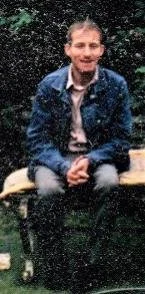
Derek Brand
“I think that without the Gay Centre I would have been lost. It was my entire entry into the gay wider world.” Derek Brand first went to the South London Gay Community Centre in March 1974 shortly after it had first been squatted. He discovered the centre existence after seeing an article about its opening in Gay News. He was attracted to the possibility of meeting other gay people in a relaxed and informal seating. This was especially important given that as a seventeen year old he was underage and prevented from going to pubs and clubs.
-

Malcom Greatbanks
“Coming into contact with all sorts of exciting new ideas which was the highlight of that whole period for me. Not so much talking about mainstream politics but but more gay and sexual liberation politics. All part of examining relationships and addressing things like jealousy and possessiveness. Taking into account things coming from the Women's Movement at the time and other movements like Black people, local and international issues. We found ourselves getting out of our depth by putting our irons in too many fires at once which I realise is a valid criticism. In retrospect we should have been a bit more limited in our policies. But ... seeing a variety of people and that place (GC) and everything it was doing was attracting. An alternative community event but not only confined to the community.”
-

Gary De Vere
Gary de Vere was pugnacious, funny to the point of being hilarious, compassionate and caring and irascible. He was one of the central people involved in setting up and running the South London Gay Community Centre and an enthusiastic participant in the Icebreakers radical gay counseling collective. He challenged all forms of anti-gay prejudice and discrimination as well as slipshod, timorous back sliding by gay magazines and organizations. His death from AIDS related illnesses struck down a much-loved, determined and sometimes avoided fighter for gay liberation.
-

Paul Coyle
“Colm, Derek, Hans and I lived together amiably for about twelve months. The squat was liveable if not entirely comfortable.”
-

Jerry Comey
”I came upon a very shabby, boarded-up building which had a tatty sign (which I think was hand-written on paper, and stuck to the glass above the door) which read 'South London Gay Centre'. I was very nervous about even stopping outside but quickly noted that the opening hours were 7-11 p.m., and then hurried away, afraid of being observed”
-

Matthew Jones
“To live here through my first Winter, it was a shock to find London to be so cold. I was used to centrally heated places. We ended up using an electric fire virtually all through the Winter. At the same time people knew how to fiddle the gas (etc, etc). We still owe the electricity board £500.“
-

Alex Beyer
“To be frank I was frightened. In my world I couldn’t come out as a taxi driver. I mean they’d just be unmerciful if I was to come out. So I had to stay in the closet. If I had been brave I could (have come out) but I wasn’t that brave. I was afraid quite often that people would discover I was gay.”
